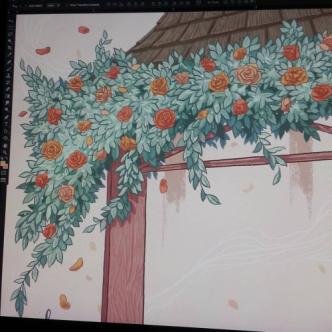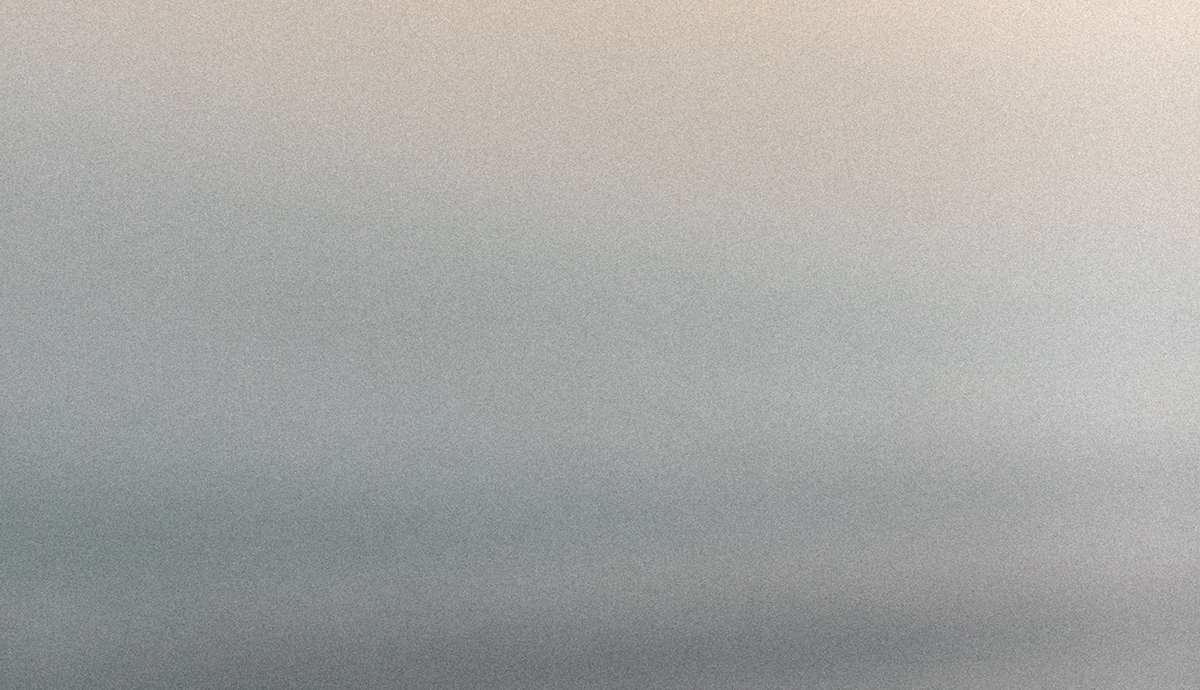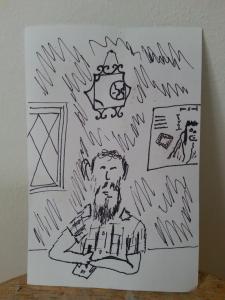On Being a Writer: From the General to the Particular

“As if the world were not what we make it, pulled by dogs down streets so dark, the sound of a river is almost a kind of light.” Let me be clear, I lifted this line from George Looney’s Animals Housed in the Pleasures of the Flesh nearly two decades ago, and I’ve been carrying it around with me ever since. The sentiments in this verse form currents, of course, in much of my writing. Primarily, my narrators follow the rivers and streams this way, at night, in their memory, holding hands with a lover along French Creek or Oil Creek or the Allegheny River, the sound guiding them, such that they can see the earth, hear the trickle of water over pebbles, the tiny splash of river waves against muck and sand, the suck and silence of eddies, the gulp of a quick undertow, the rubbery slick clap of skin.
Long before that, Aristotle coined the expression Nature abhors a vacuum, and what a fun thing to say. Say it in front of a class and your students will consider you learned. Say it at just the right moment of a cocktail party, and physicists and poets alike will nod in your direction. “Nature abhors a vacuum,” truly, a notion that is both a pleasure to think and a joy to say. The gentle a and deep u, the soft rs, the simple cadence – here is the kind of sentence I wish I could write a book about, or, at least, get a tattoo of. But it’s not true, right? Part of the pleasure in saying it is the same pleasure we get when we, for no apparent reason, blurt out that we’re allergic to cheese. “Oh,” someone will surely say, because what a dairy horror, and then we shrug, “Yep, can’t eat cheese, though as a child it was my favorite thing . . . just the smell of it brings me such joy and revulsion . . .” well, it goes on from there.
a vacuum,” truly, a notion that is both a pleasure to think and a joy to say. The gentle a and deep u, the soft rs, the simple cadence – here is the kind of sentence I wish I could write a book about, or, at least, get a tattoo of. But it’s not true, right? Part of the pleasure in saying it is the same pleasure we get when we, for no apparent reason, blurt out that we’re allergic to cheese. “Oh,” someone will surely say, because what a dairy horror, and then we shrug, “Yep, can’t eat cheese, though as a child it was my favorite thing . . . just the smell of it brings me such joy and revulsion . . .” well, it goes on from there.
Nature, in truth, is indifferent to a vacuum. If nature has a consciousness it is in surviving, reproducing, dwelling in brief moments of pleasure or dread. Culture, rather, abhors a vacuum. The collective consciousness of humanity despises the absolute lack of all things. Nothing is more terrifying to a small child than the notion of Nothing. Say the words “Event Horizon,” for instance, and anybody with a sense of what that implies will cringe or try not to puke. We all recall exactly what we were doing when we first learnt of an entity whose gravity is so great even light waves can’t escape, this awful emptiness that will someday consume us all, the utter lack of detail where one’s notions of Heaven and Earth no longer apply. Imagine an absolute lack of the senses, not even Descartes’s tiny ball of wax would smell, sound, taste, touch, or be seen. What would that be like? We have no words to describe it. The most terrifying notion, literal nothingness that utterly defies description and the imagination.
We’re destined for this, you know, this infinite unknown, and, yet, we go on, writing like we do, always questioning ourselves and our universes. What’s my purpose, we ask? Why am I here? Why is she there? How did she get there, a million miles ago? Nineteen years away. Time and space, these silly notions. And the answers to these silly things grow no less silly; they breed, rather, and beg for continuing generalizations. And maybe that’s what Jesus meant when he said, “Now, then, picture you’re a mustard seed,” or whatever he said. What better in the world to consider one’s self than a seed! Can anything be more specific than the undifferentiated DNA of the tiniest brassica pip? Certainly not the random gnarls and offshoots of the towering flowering garden plant such seeds may become. That is what I mean by purpose, by light, by skin, the kernel of thought: she and I lying across a flat river rock, Big Sandy Creek cruising past us breaking the limestone boulder down to sand and gravel, time never passing, that single moment stuck forever delivering a notion of self to a thousand incarnations of self that can never again become that person, never again wrestle with her questions about our future or the fright such an inquiry breeds in me.
Kim Herbst is a freelance illustrator in San Francisco, CA. She's been involved in a variety of projects including magazines, newspapers, mobile games, and children's educational materials. Some clients include Scholastic, Dig Boston, Oxford University Press, and GamesTM Magazine.
Recommended
Nor’easter
Post-Op Appointment With My Father
Cedar Valley Youth Poet Laureate | Fall 2024 Workshop






